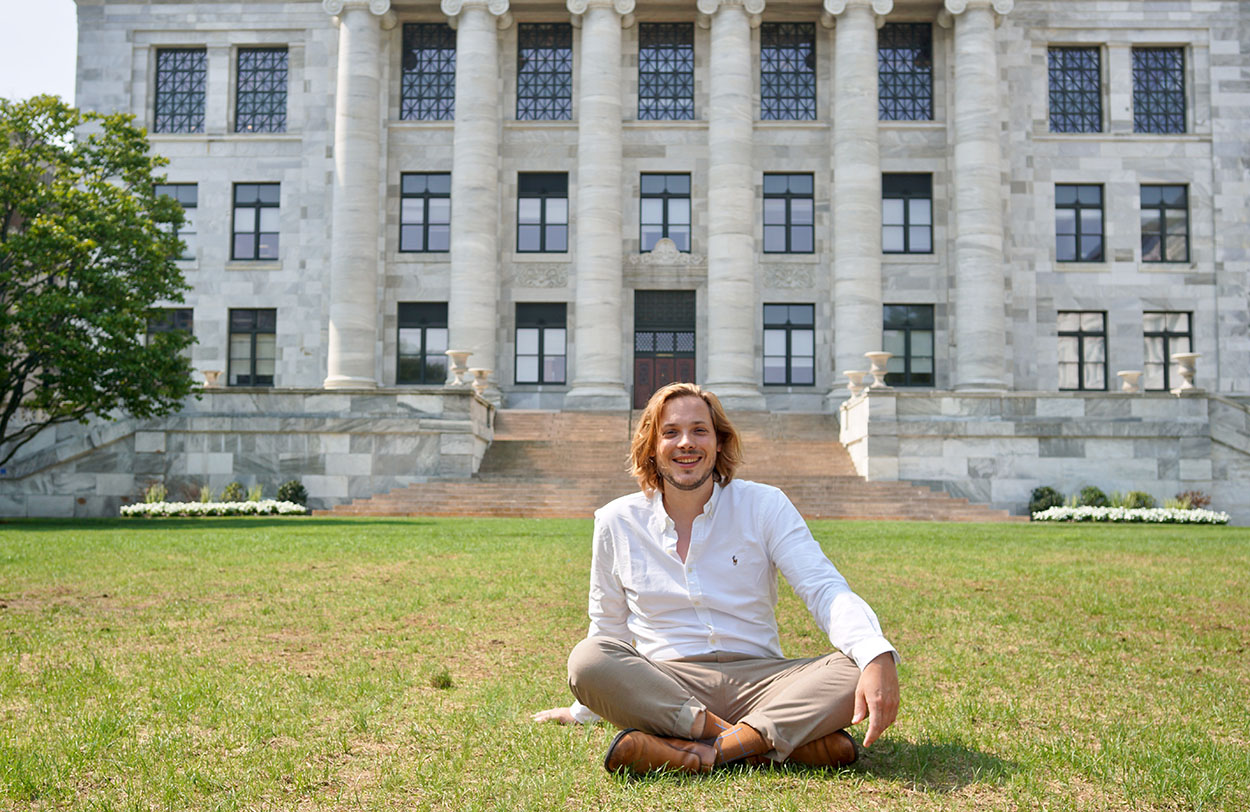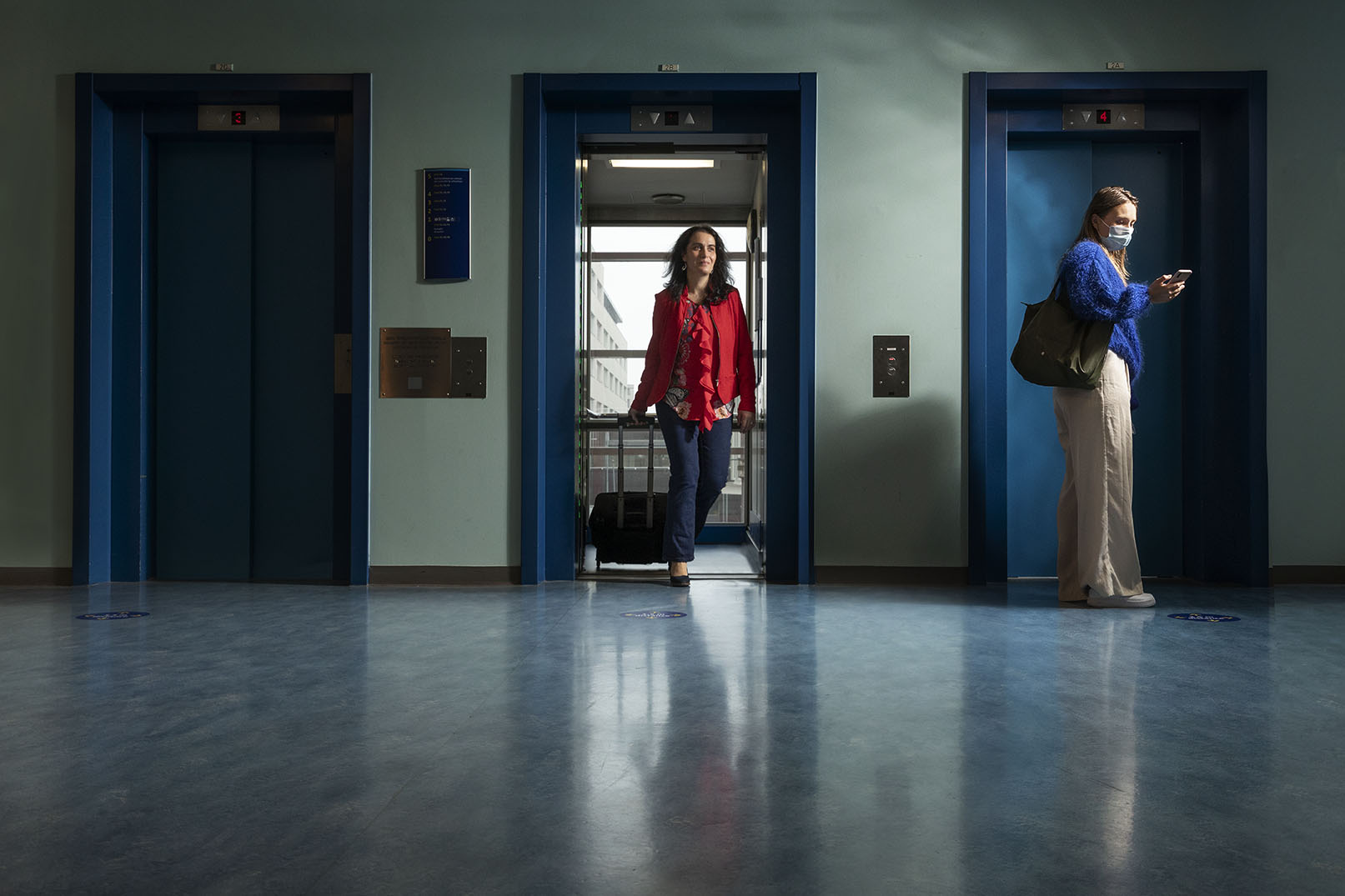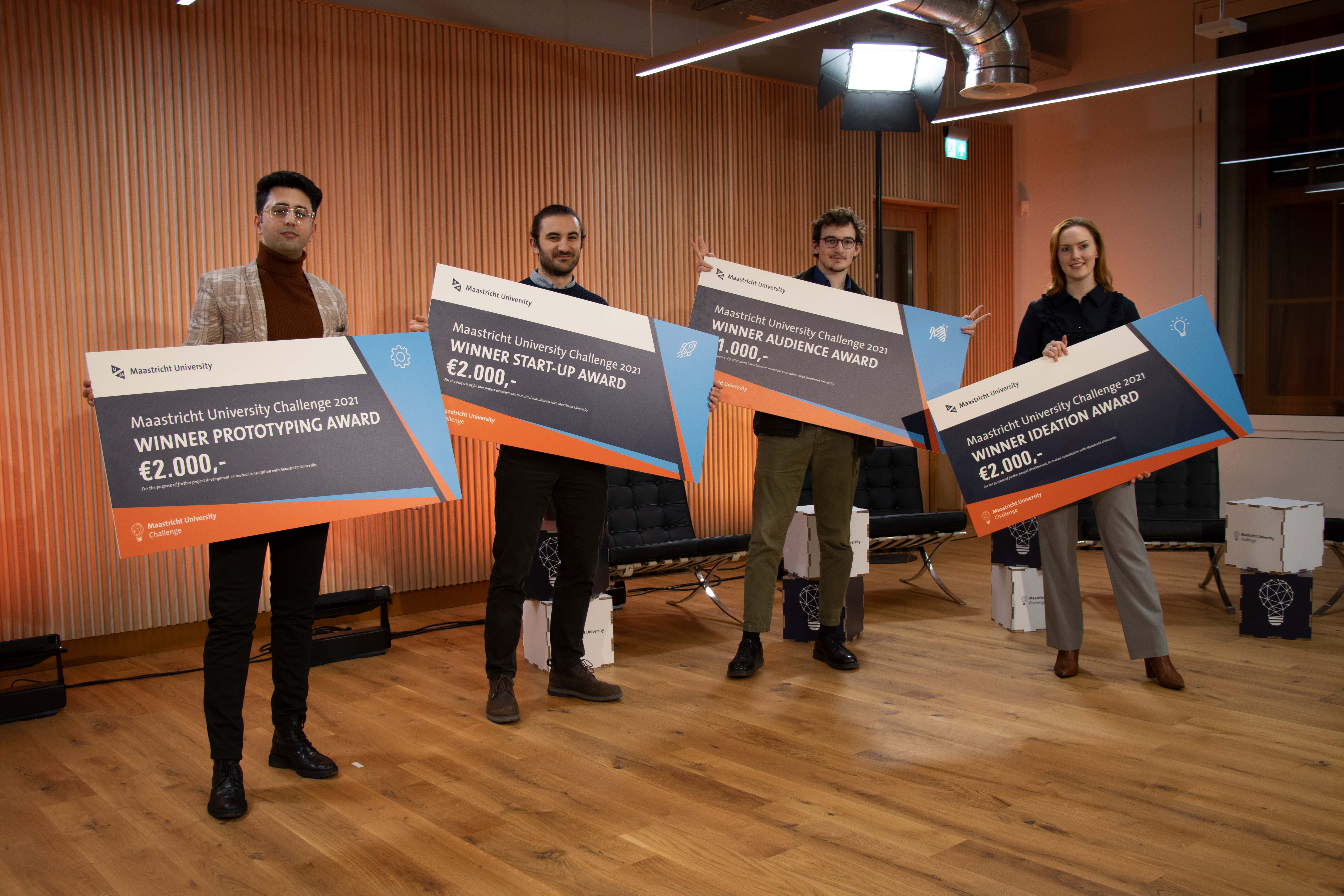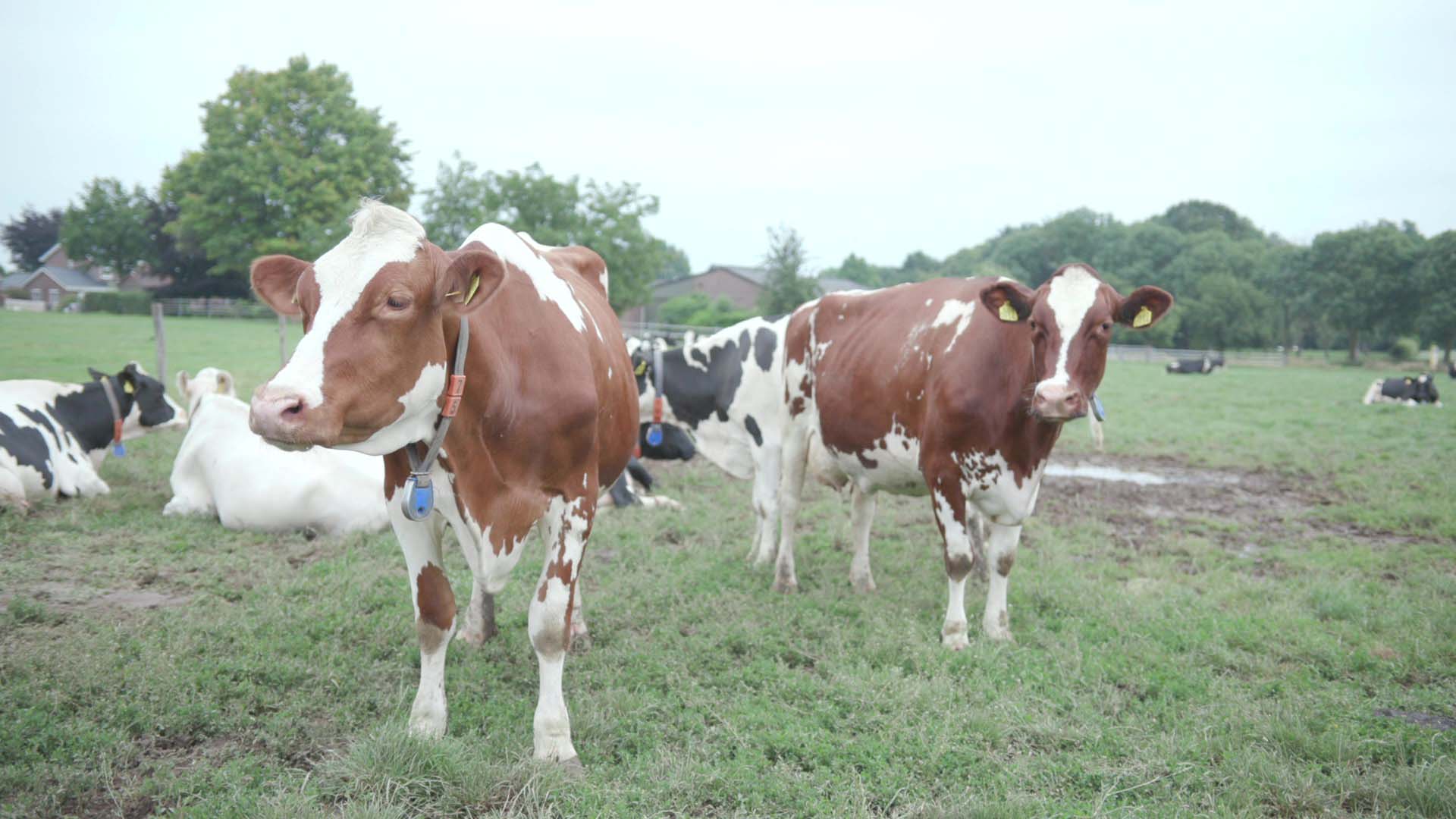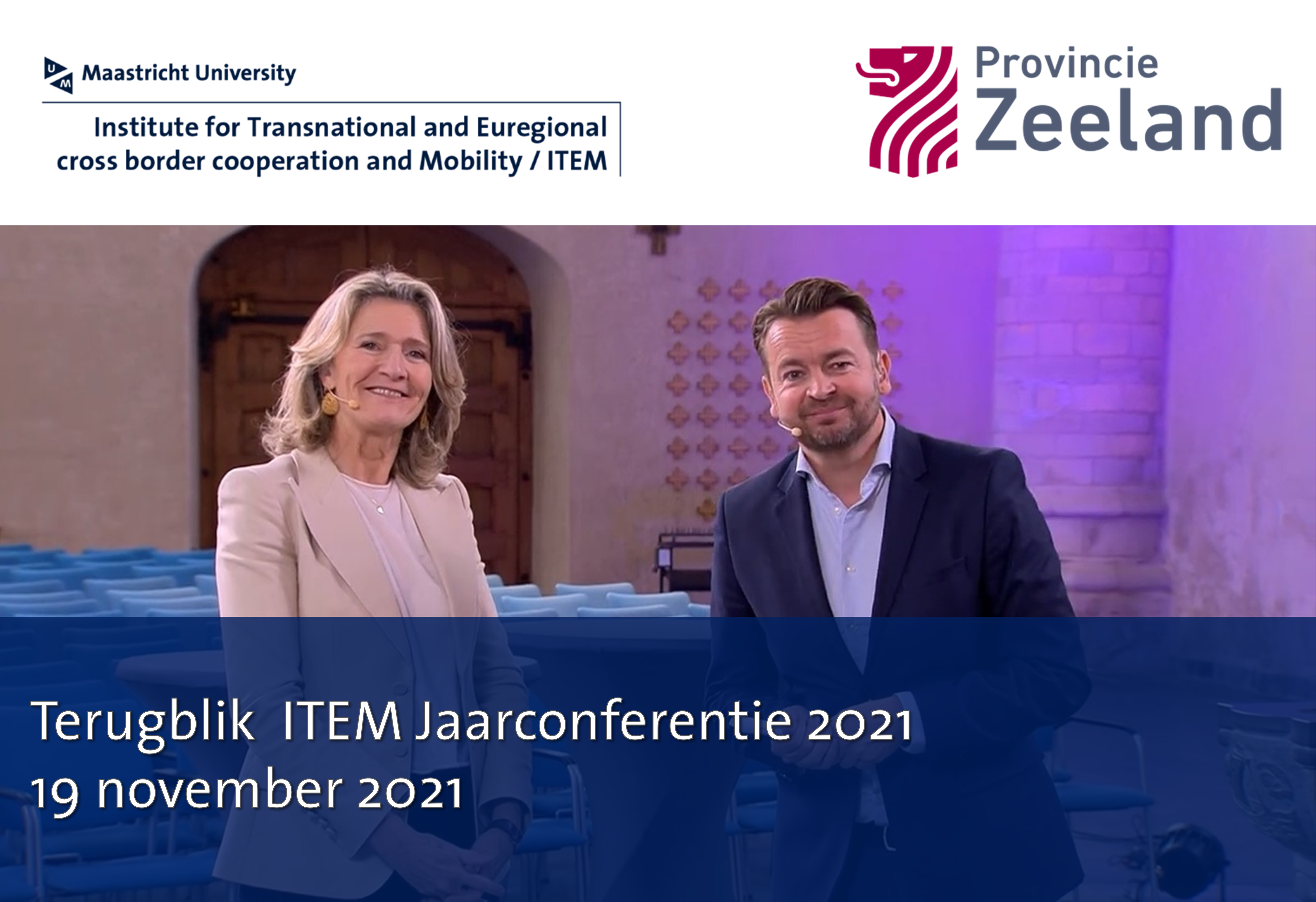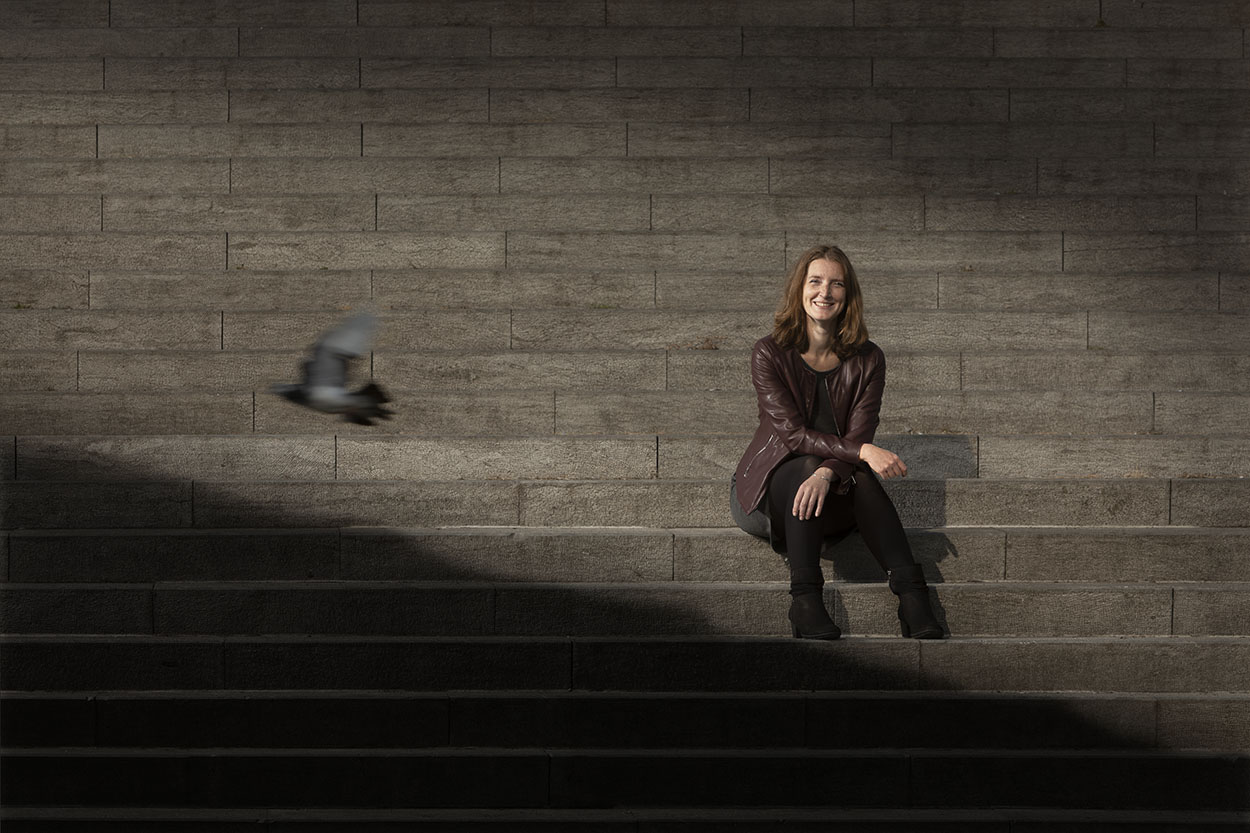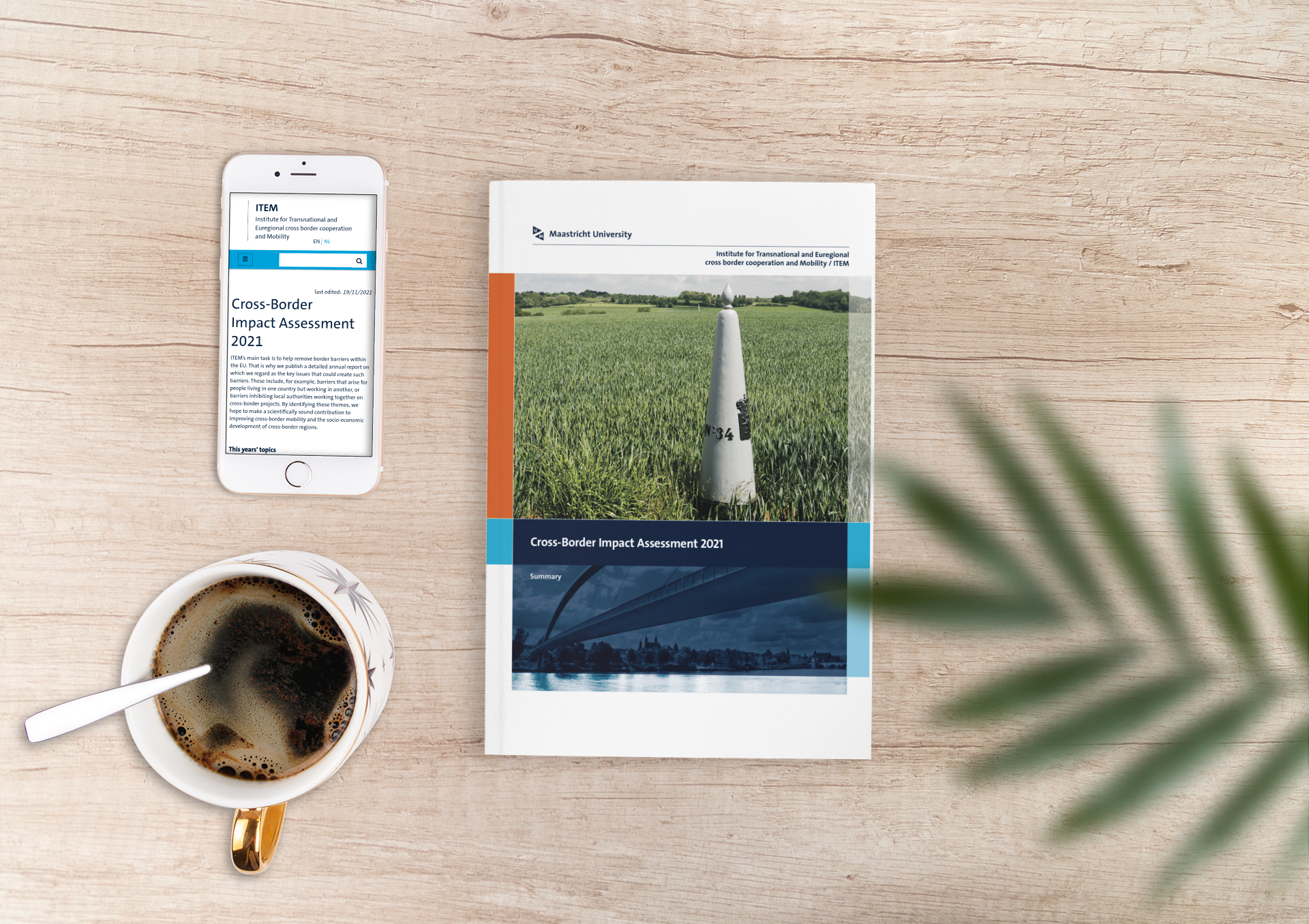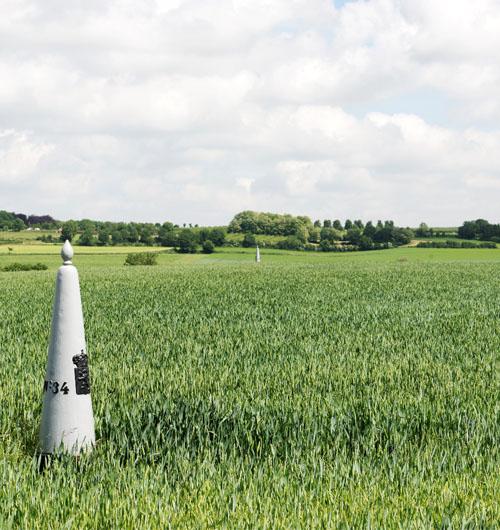News
-
As a physician and clinical researcher, Frederic Schaper has one burning ambition: to create a ‘map’ of the network connections in the brain. The UM alum and his colleagues from Harvard Medical School expect to publish their first, promising results this autumn.
-
The consultation round on the upcoming ITEM Cross-Border Impact Assessment 2022 is herewith launched! Grab the opportunity to share your experiences with ITEM! Dossier suggestions can be made up to and including 23 January 2022.
-
Together with her master’s students, Milena Pavlova is investigating the access to healthcare of undocumented migrants. Her findings give cause for concern: in many countries, this group has no or little access to healthcare.
-
Meet this year’s winners of the Maastricht University Challenge, where UM students and recent graduates can display and develop their social and entrepreneurial ideas with the support of industry coaches.
-
For the second time in a row, a UM team has managed to win a silver medal in the prestigious iGEM (International Genetically Engineered Machine) competition in synthetic biology.
-
The importance of cross-border cooperation manifests itself more than ever during the coronapandemic. Multi-level governance is the foundation for taking the next steps; looking for each other and perpetuating relationships at all levels, in administration, politics and practice. This became clear...
-
Sexual harassment in public is becoming a punishable offence. It’s a good idea, says Suzan van der Aa, professor of Criminal Law and Criminal Procedure, but one that doesn’t go far enough. “Sexual harassment in the workplace is common too, and usually has a greater impact on the victims.”
-
Whether you want to improve the world or your chances on the labour market, you can continue to develop your skills at the university throughout life. Today, the universities of the Netherlands are launching the new online platform www.universitairdoorleren.nl.
-
Due to the Corona crisis, also many cross-border workers are forced to work in their home country. They have been asked not to cross the border to come to their office situated in the neighbouring country. At the moment, this is only possible because the Dutch, Belgian and German governments have...
-
Unless the EU rules and tax treaties are amended, some cross-border workers will soon have to pay tax in two countries: in their country of residence for hours spent working from home, and in the country in which they work for hours spent in the office. Since COVID-19 has made working from home...
